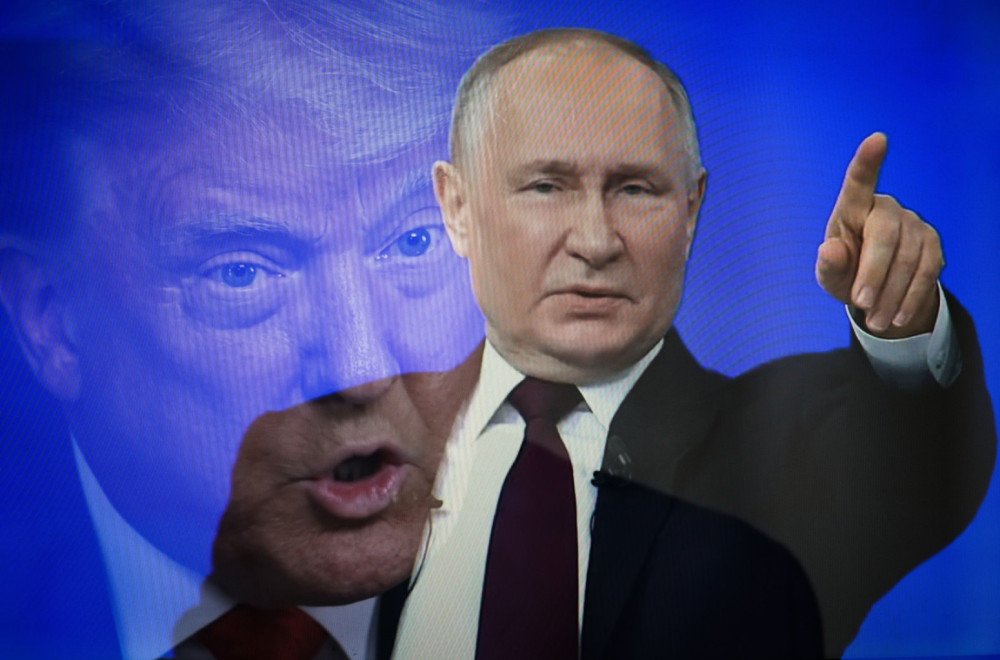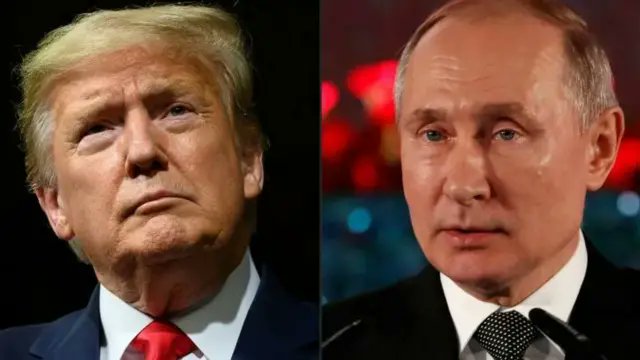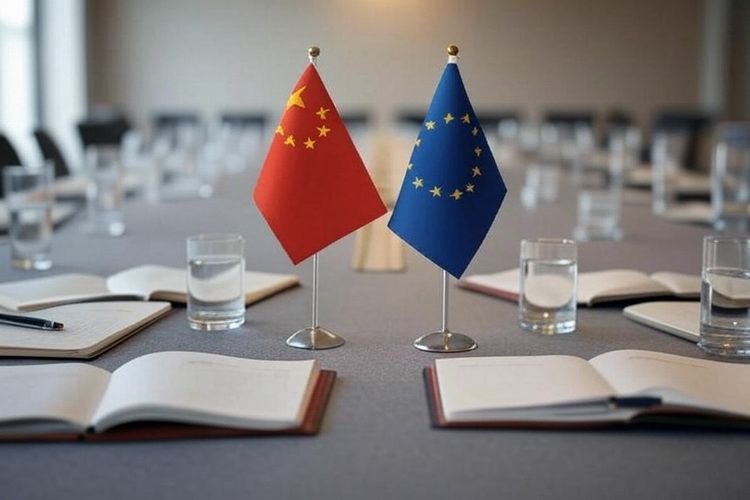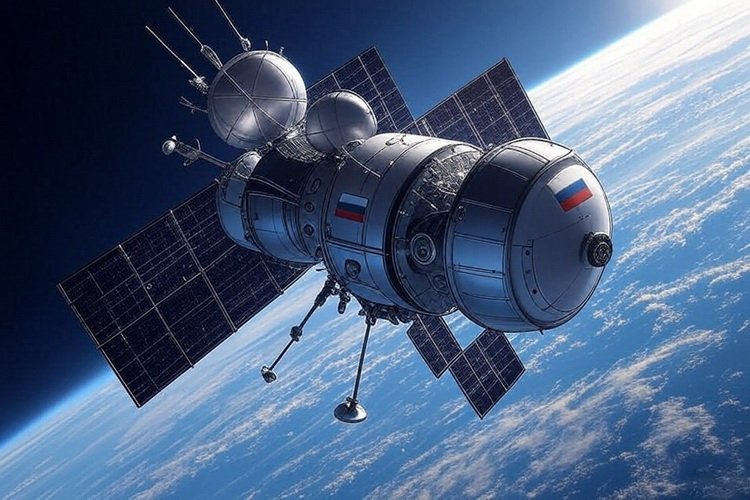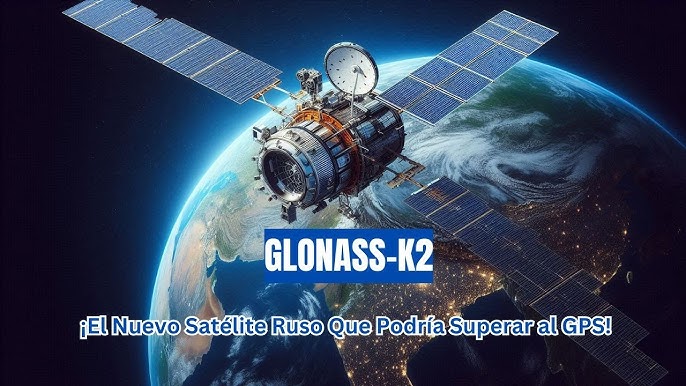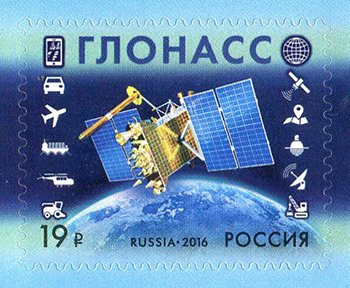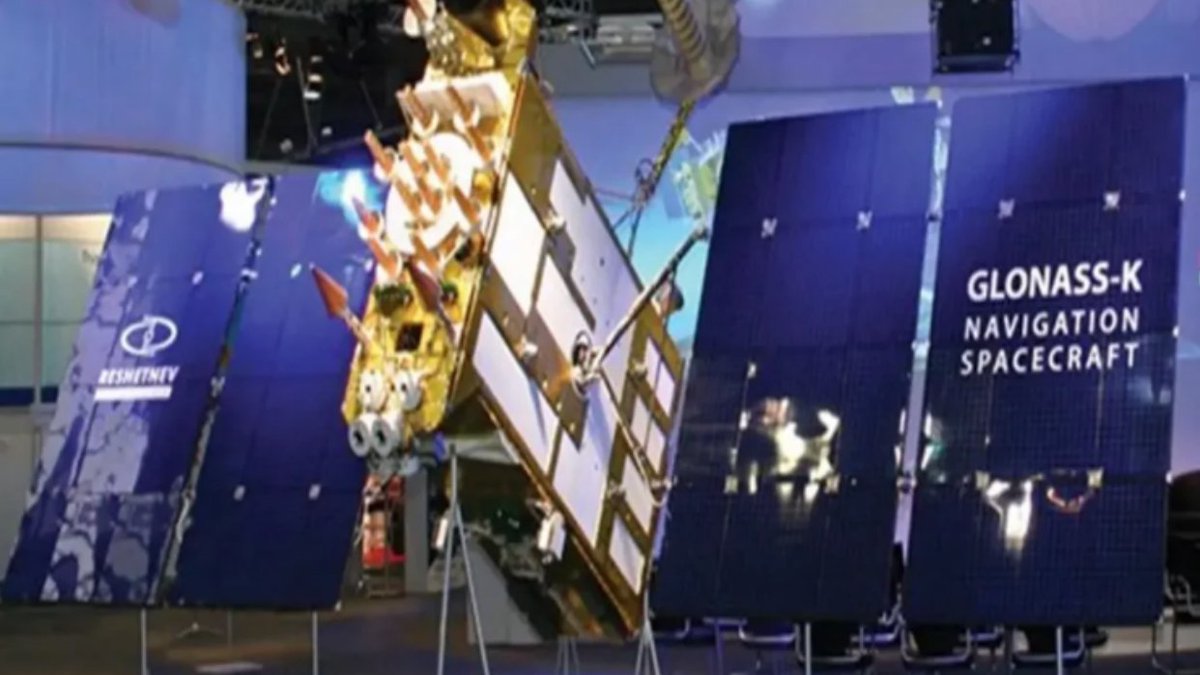🇪🇺‼️EU wants rockets that fly thousands of kilometers: New technological goal in focus‼️
July 13, 2025
As the military dynamic changes, NATO faces a reality: Russia is investing more and more in long-range missiles, and NATO does not have enough of its own assets to respond without US help. 👇
July 13, 2025
As the military dynamic changes, NATO faces a reality: Russia is investing more and more in long-range missiles, and NATO does not have enough of its own assets to respond without US help. 👇

American General John Rafferty, who until recently commanded the artillery in Europe, warns that Moscow has increased the size of the army and continues to invest in advanced technology.
In an interview with Reuters, Rafferty emphasized that the war in Ukraine clearly demonstrated the importance of missiles that hit targets deep behind the lines.
That is why his former unit is preparing to deploy US missiles in Europe - including tomahawks and a new generation of hypersonic weapons - from 2026. However, given the change in the American administration, European leaders are looking for confirmation that the plan is still valid. 👇
In an interview with Reuters, Rafferty emphasized that the war in Ukraine clearly demonstrated the importance of missiles that hit targets deep behind the lines.
That is why his former unit is preparing to deploy US missiles in Europe - including tomahawks and a new generation of hypersonic weapons - from 2026. However, given the change in the American administration, European leaders are looking for confirmation that the plan is still valid. 👇
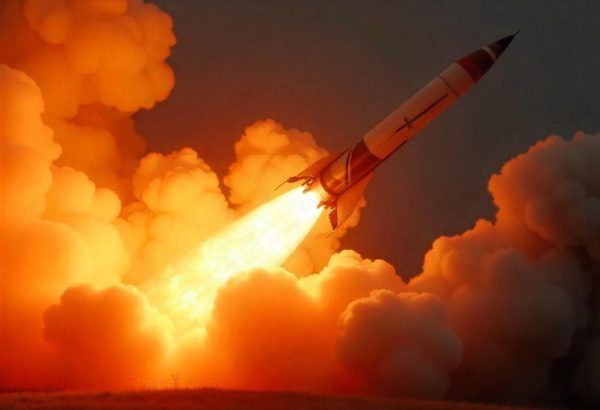
Germany and Great Britain are already developing missiles with a range of over 2,000 km, while existing European systems - such as Storm Shadow and Taurus - reach only a few hundred kilometers.
Although MBDA as the leading European arms manufacturer provides certain opportunities, analysts admit: without American help, Europe cannot independently cover all the needs of NATO.
The ELSA program, launched in an attempt to strengthen European autonomy in this area, is still in its infancy. The question is whether by 2030 Europe will have its own effective deterrent. Meanwhile, the political pace is dictated by the military – and the room for maneuver is shrinking.
Source: 👇👇👇
👉reuters.com/business/aeros…👈
Although MBDA as the leading European arms manufacturer provides certain opportunities, analysts admit: without American help, Europe cannot independently cover all the needs of NATO.
The ELSA program, launched in an attempt to strengthen European autonomy in this area, is still in its infancy. The question is whether by 2030 Europe will have its own effective deterrent. Meanwhile, the political pace is dictated by the military – and the room for maneuver is shrinking.
Source: 👇👇👇
👉reuters.com/business/aeros…👈

• • •
Missing some Tweet in this thread? You can try to
force a refresh








